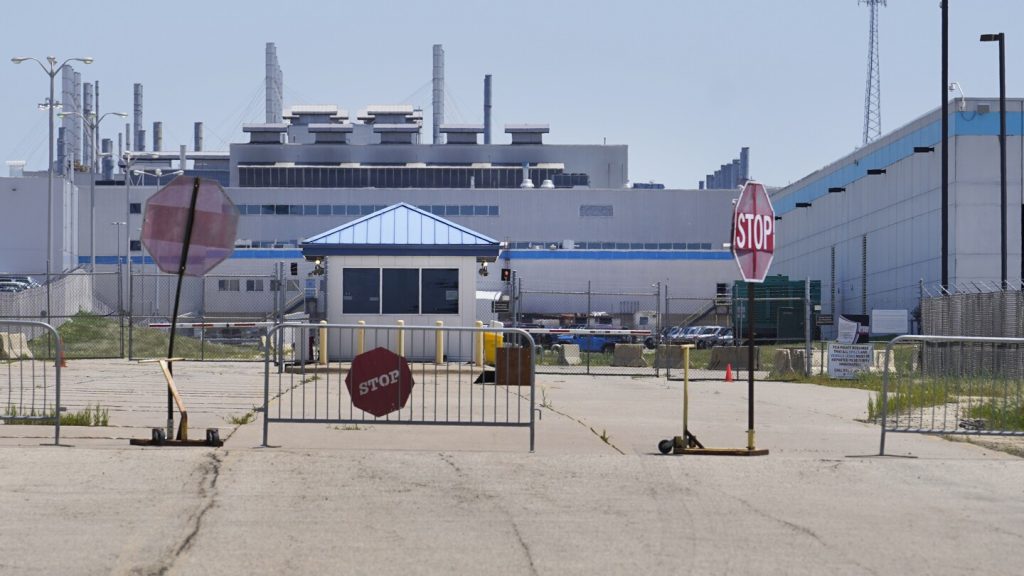The United Auto Workers (UAW) has filed federal labor charges against Stellantis over concerns of the possible relocation of production of the Dodge Durango SUV from Detroit to Canada. The union accuses Stellantis of illegally withholding information about this potential move, as well as delays in reopening a plant in Illinois and building additional facilities there. The UAW has threatened to strike over these issues, claiming that Stellantis is reneging on commitments made in their contract reached last fall.
Union President Shawn Fain stated that the contract gives the UAW the right to strike over agreements to produce vehicles in the U.S., and they intend to enforce these terms with Stellantis. The company, however, refutes claims of contract violation and states that decisions on new vehicle production are made with competitiveness in mind. Stellantis maintains that it will communicate its plans to the UAW at the appropriate time, indicating that they are managing how and when to bring new vehicles to the market.
Union members are concerned that if Stellantis fails to restart the Belvidere factory as promised, the company may not uphold other commitments outlined in the contract until 2028. There is fear that production could be moved to lower-cost factories in Mexico, jeopardizing American jobs. Stellantis has expressed its intention to reopen the Belvidere factory, as well as construct a battery plant and parts warehouse, but cites unfavorable market conditions as reasons for delays. Over 2,700 jobs are at stake in these decisions.
The company had agreed to invest $18.9 billion in U.S. projects during the contract, including commitments to reopen Belvidere Assembly, build midsize pickups, and produce gas and electric versions of the next generation of Durango at the Jefferson North plant. However, the timeline for these initiatives has not been specified. Stellantis and the UAW acknowledge that investments in North America are contingent on factors such as plant performance, market conditions, and consumer demand for sustainable and profitable sales volumes. Both parties must work together to ensure the success of these projects and the preservation of American jobs in the auto industry.
The UAW’s actions reflect the ongoing challenges faced by labor unions and auto manufacturers in balancing competitive pressures, market demands, and workforce concerns. As Stellantis navigates these issues, it is crucial for both sides to uphold their commitments, communicate effectively, and prioritize the well-being of their employees. The outcome of this dispute will not only impact the future of production facilities and jobs in the auto sector but also set a precedent for labor relations in the industry moving forward. The resolution of these labor charges will be a significant development in the ongoing relationship between the UAW and Stellantis.


